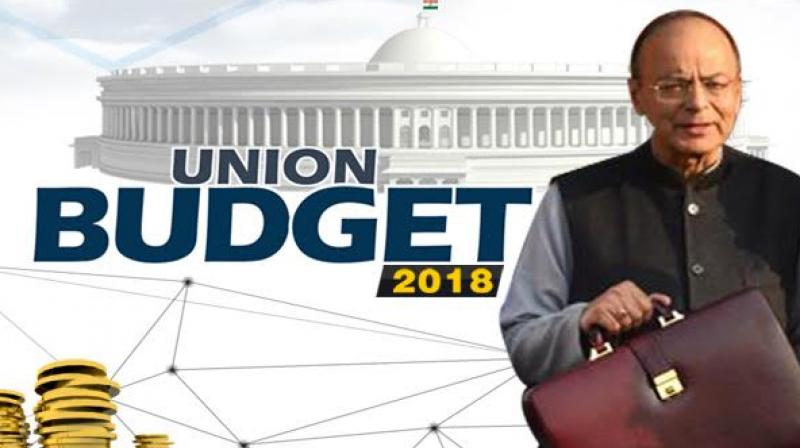Budget is a bit taxing for corporates
True to the expectations, the budget turned out to be a bonanza for rural India.

True to the expectations, the budget turned out to be a bonanza for rural India. The government has earmarked several schemes which will give an impetus to agriculture, health and education sectors. The overarching theme of the budget was that of social welfare, or as the Prime Minister has put it more eloquently - 'ease of living'. While the corporate sector, would welcome 'ease of living', the 'ease of doing business' still remains its primary demand.
This budget provided a substantial cut in corporate tax rate from 30% to 25% for domestic companies having turnover below Rs 250 crore in FY 2016-17.
Considering that countries around the world are in a competitive mindset to attract investment by reducing corporate tax rates, this move would benefit MSMEs which are competing globally.
The government has introduced tax on long term capital gains on listed equity shares and equity oriented mutual funds for the first time - which is likely to have ramifications for all tax payers. While the move is no doubt intended to widen the tax base and divert financial resources to other priority sectors - the effects of this move on India's robust markets remain to be seen.
From an indirect tax perspective, given that the GST Council is still in the mode of deliberating certain changes to the GST law and procedures - this budget has not flagged off broad measures concerning the GST. However, several changes have occurred relating to customs law and administration. The most significant of these is the introduction of the Social Welfare Surcharge - which will subsume the existing education cess and will be charged at 10% on basic customs duty.
The surcharge will make imported goods a little dearer for the general populace and importers alike.
The government has also chosen to levy higher rates of basis customs duty on certain specified goods including electronic goods - notably mobile phones, televisions, automobile parts, etc. which are chargeable now at 15% or 20%.
Parts of electronic goods will also be chargeable at enhanced rates. While the increase in rates may seem extortionate on the face of it, the rationale appears to be to incentivise domestic manufacturing - particularly in the electronics segment where India has strong domestic demand. Regrettably, the government has also not addressed the issue of in-bond sales - as the value prescribed for the purposes of calculation of IGST has been pegged on import or sale value, whichever is higher. It is expected that the GST law is amended to grant exemption on such sales.
The past year saw India climbing several notches in the 'ease of doing business’ rankings. In this context, corporates were optimistic that the government may take bolder measures to consolidate the strengthening trends. However, it appears that the emphasis of economic gears seems to be tilted towards social changes. Perhaps after the 'aam aadmi' is taken care of, India Inc. will also have its day. The budget changes, which are in the right direction, must however be well implemented and further accelerated.

